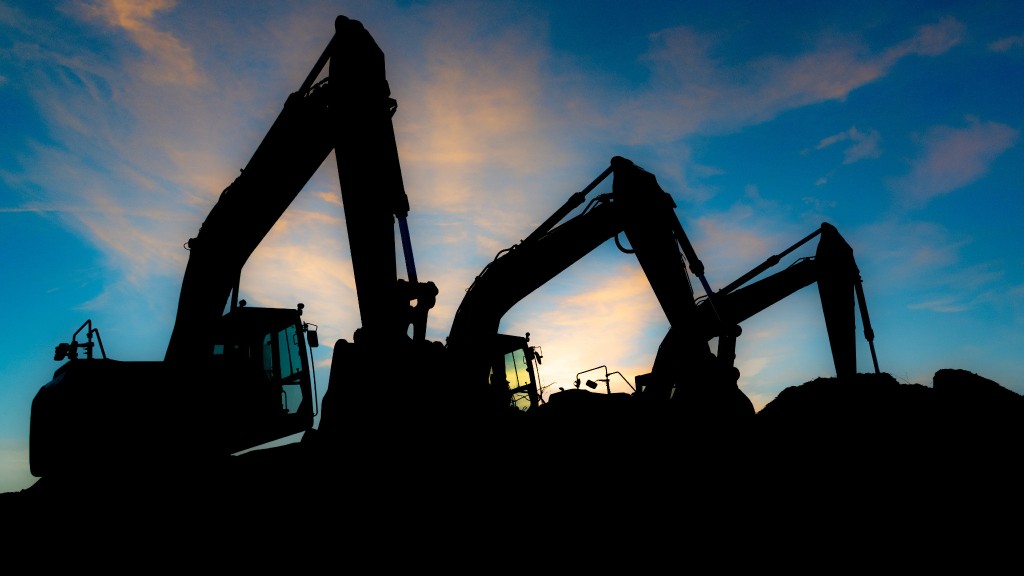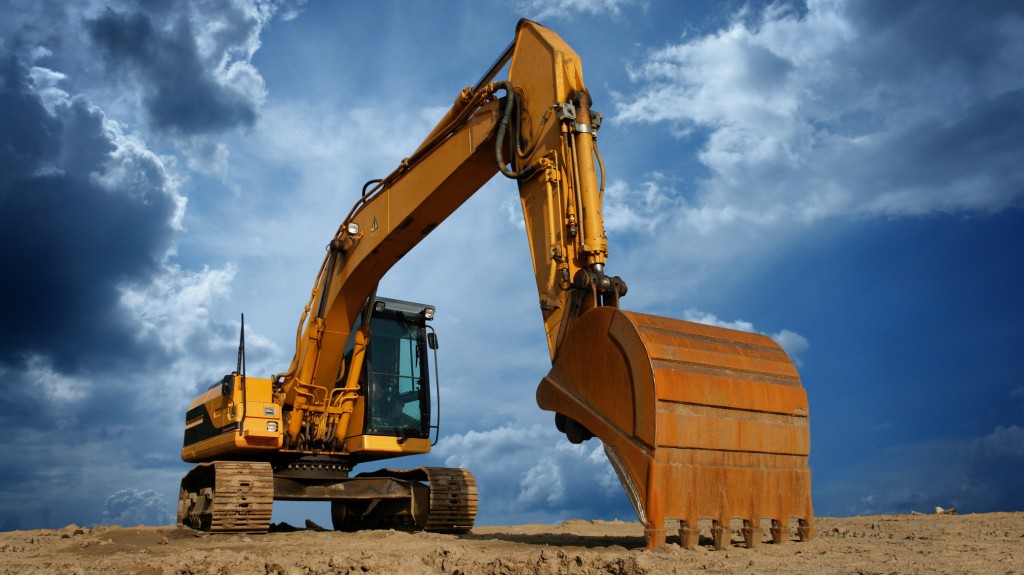
The outlook for equipment rental revenue, comprised of the construction/industrial and general tool segments, has improved over the last quarter. The updated second quarter forecast released by the American Rental Association (ARA) now calls for equipment rental revenue to exceed $47.8 billion in 2021, nearly a 3.5 percent increase over 2020 and greater than last quarter's forecast that called for a 3.1 percent increase this year.
Overall, the ARA forecast calls for a 9.68 percent increase in revenue in 2022 to reach nearly $52.5 billion, surpassing the equipment rental industry's previous peak revenue of nearly $51 billion in 2019. Growth is expected to be 3.9 percent in 2023, 2.4 percent in 2024 and 3.5 percent in 2025 to total $57.7 billion.
The revenue increases are fueled by the expected strong demand for construction and industrial revenue, particularly in 2022, when the segment's revenues are expected to jump 11.9 percent to $38.9 billion, surpassing the record $37.7 billion in revenue set in 2019.
Also, with the likely passage of the Infrastructure Investment and Jobs Act of 2021 (IIJA) by the U.S. Congress, the future forecast for equipment rental revenue in 2022 and beyond could be even more robust.
"Once final passage occurs, we will have more specific analysis built into future forecasts, but at first glance it looks like the IIJA could increase rental revenues by about $8 billion over the eight-year spending program the IIJA authorizes," says John McClelland, ARA vice president for government affairs and chief economist.
"That would roughly amount to an increase in rental revenues for construction and industrial equipment of 7.8 percent over the current forecast. While we need details on how and when the money will be spent to provide a more complete forecast on the IIJA's impact on the equipment and event rental industry, early analysis is quite positive," McClelland says.
Scott Hazelton, director, economics and country risk, IHS Markit, Andover, Mass., says the timing of the infrastructure spending remains unclear, making it difficult to assess the rental forecast implications over time, but that the company, which provides data and analysis for the ARA Rentalytics forecasting service, expects to start incorporating the details into the next quarterly rental revenue forecast update.
For now, Hazelton says the outlook this quarter is more positive than the first quarter because the forecast for nonresidential construction has improved and the American Institute of Architects billings index has moved into positive territory.
"When that index indicates expansion for three consecutive months, there is a high likelihood that nonresidential construction will pick up 12 to 18 months later. While this only moves the nonresidential forecast from roughly flat to modest growth, it is enough to move rental equipment demand up," Hazelton says.
In addition, he says some of the $350 billion in undesignated funds to state and municipal governments in the American Rescue Plan is expected to be used for construction projects, which also translates into more demand for equipment rental.
According to ARA Rentalytics, those in the construction and industrial segment are expected to increase investment this year by 48.1 percent to $7.2 billion and another 40 percent in 2022 to reach nearly $10.1 billion, surpassing the peak industry investment in equipment of $9.95 billion in 2019.
"I'm especially interested in our investment forecast. Investment in new equipment dropped precipitously — 51 percent — in 2020 and is now expected to rebound by 48 percent in 2021 and 40 percent in 2022. This forecast is supported by our analysis of industry metrics that show increases in physical utilization, fleet age and fleet turnover," McClelland says.
"These measures suggest that there has been defleeting and aging of the fleet during the pandemic as a reaction to the resulting economic downturn. With the economy now in recovery, demand for rental equipment is increasing. With physical utilization already high, rental companies much make significant investments in new fleet to meet that demand," he says.
In addition, investment in general tool equipment is expected to increase by 19.5 percent this year to reach $3.31 billion and then grow another 22.1 percent in 2022 to teach $4.04 billion.



